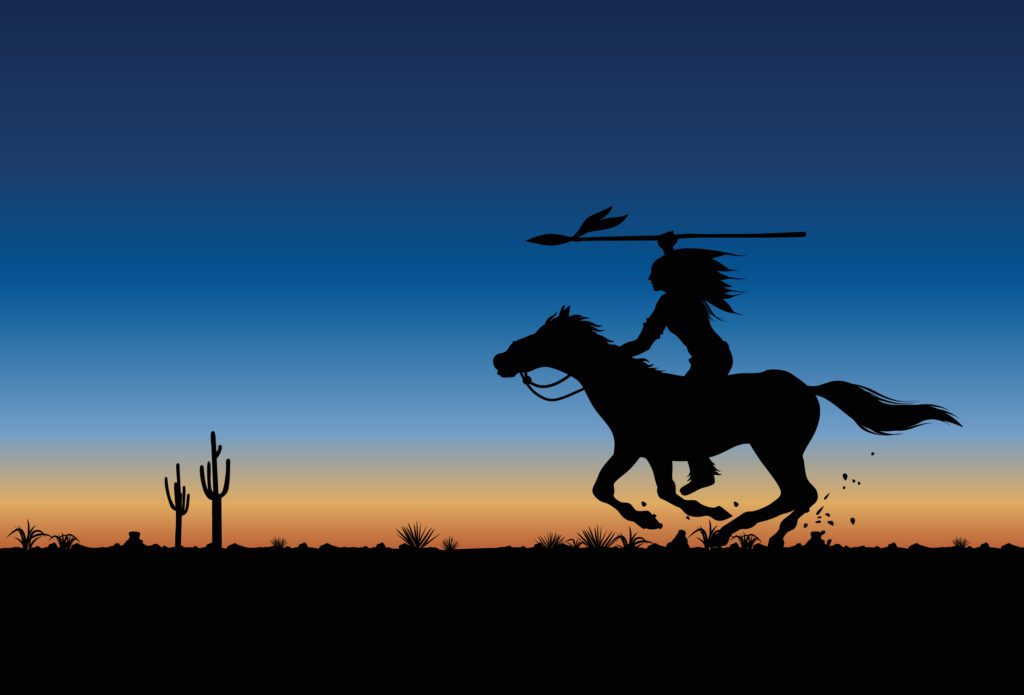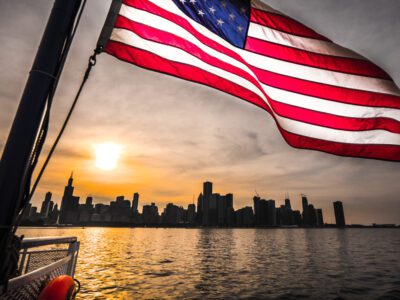BREAKING NEWS: Three of California’s federally-recognised Tribes are suing prediction market betting sites Kalshi and Robinhood for violating the Indian Gaming Regulatory Act (IGRA) and state-Tribal gaming compacts.
If successful, both companies will have to geofence their services around reservation land in California.
The case was filed yesterday (July 22) at California’s Northern District Court by the Blue Lake Rancheria, the Chicken Ranch Rancheria of Me-Wuk Indians, and the Picayune Rancheria of the Chukchansi Indians, and seeks an injunction against Kalshi and Robinhood, preventing them from providing what the Tribes term “illegal gambling” on reservation land.
The Tribes are not only seeking a temporary injunction, they’re also requesting a permanent block that would keep Kalshi and Robinhood out of tribal jurisdictions for good. And the Native American gamers are seeking hefty damages.
The Tribes claim that Kalshi and Robinhood are violating IGRA, a legal compact which gives federally-recognised Indian Tribes exclusive rights to regulate gambling on their Tribal lands.
Winning Strategy
Posting on business social media site LinkedIn, top U.S. gaming lawyer Daniel Wallach described the move a “winning” strategy.
Unlike New Jersey and Maryland states, who are also locked in judicial battles with Kalshi, the Tribal legal attack blunted Kashi’s hitherto successful tactics of “controlling the narrative” by striking first, “playing offence, not defence”, asserted the gambling legal eagle.

Before sports betting can be legal–even for Native American entities–a constitutional amendment, via public ballot and with majority approval, must pass into state law.
The last time this was attempted was in November 2022 with the disastrous Proposition 27, a commercial bid, backed by iGaming and sportsbook heavy-hitters DraftKings, FanDuel and BetMGM, and Position 26 — a Tribal-sponsored effort.
Propositions Nixed
Both these propositions were nixed and it looks certain that online sports betting won’t be coming to the Golden State by this legislative route before 2027 at the earliest.
Despite being the most costly ballot initiatives in U.S. history–with a combined spend of over US$460 million (some £342.3m)–, the propositions garnered dire approval rating of only 17 percent and 30 percent, respectively.
The California Tribes affirm–that under the cover of “trading”–both Kalshi and Robinhood are clearly providing illegal betting.
If the Tribes’ injunction is granted in court, it would be a major legal blow to Kalshi and Robinhood, who, to date, have managed to roll-out sports betting across most of this nation’s 50 states.
The filing comes just days after DraftKings was rumoured to be holding acquisition discussions with prediction market, Railbird Exchange, and Polymarket announced it was returning to the U.S. onshore market by purchasing the federally-licensed exchange QCEX for US$112 million (£86m).
Responding to this iGamingFuture article, a spokesperson for Robinhood said:
“Robinhood’s event contracts are regulated by the CFTC and offered through Robinhood Derivatives, LLC, a CFTC-registered entity, allowing retail customers to access prediction markets in a safe, compliant, and regulated manner.
“So far, two federal courts have made initial rulings that the CFTC’s rules preempt other laws and we intend to defend ourselves against these claims.”




